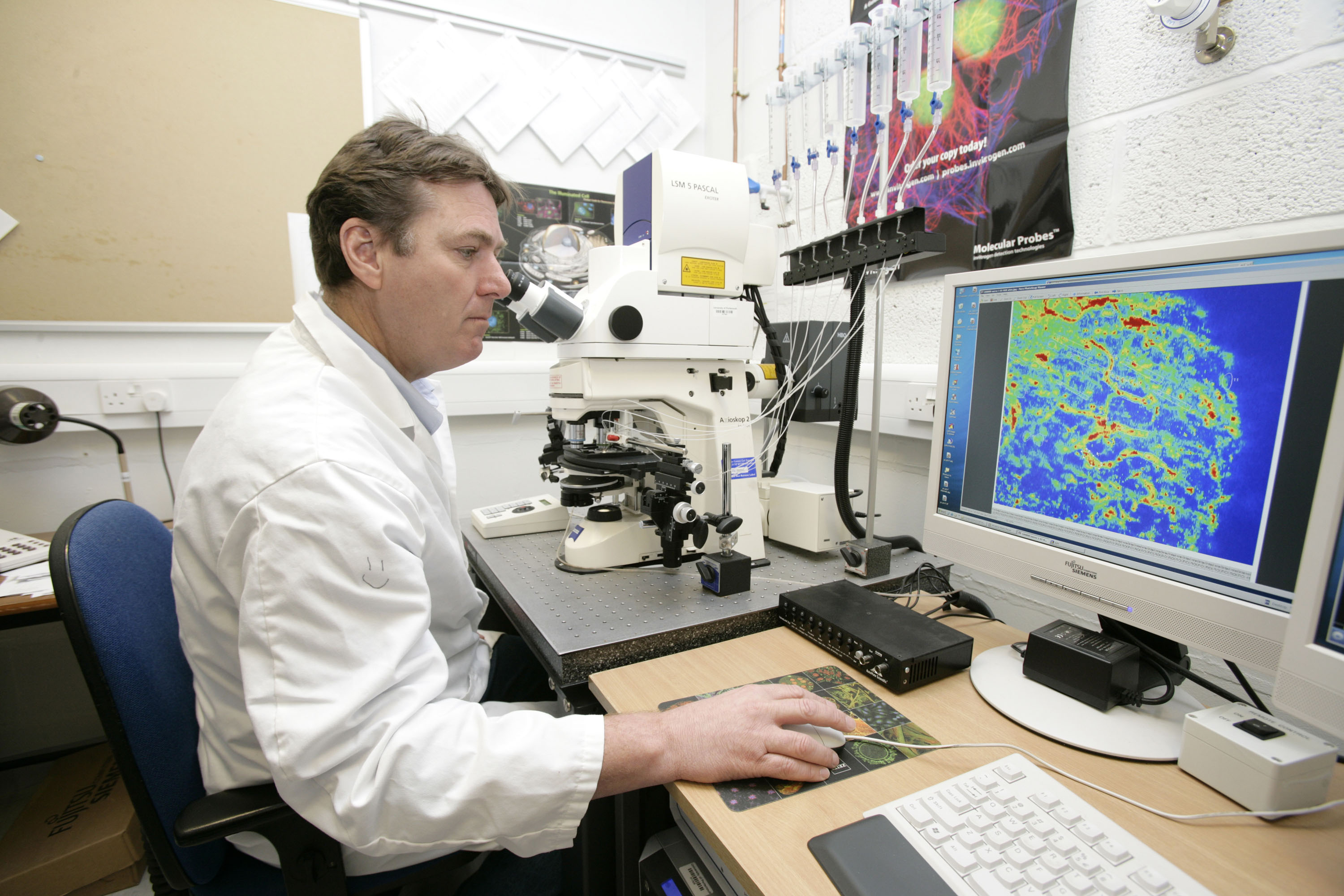Members Login

Channels
Special Offers & Promotions
Funding for brain cell research to push boundaries
 Two significant grants into glial cell research at the University of Portsmouth could hold the key to finding a new treatments for Multiple Sclerosis, brain tumours, Alzheimer's and other diseases of the brain.
Two significant grants into glial cell research at the University of Portsmouth could hold the key to finding a new treatments for Multiple Sclerosis, brain tumours, Alzheimer's and other diseases of the brain.
Arthur Butt, Professor of cellular neurophysiology in the Institute of Biomedical and Biomolecular Science, is one of only two UK scientists to be part of a new 3million euro EC-funded European School of Glial Cell Research. He has also won £350k from the Medical Research Council to further his own research in the field.
Glial cells are named after the Greek word for glue - reflecting the historical concept that glia are the connective tissue of the brain. They are the most abundant cells in the brain but have remained relatively ignored until recently because scientists thought that they were simply the 'packing' around the brain.
But scientists now believe that they could be integral to crucial discoveries about some of the world's currently incurable brain diseases.
"It's staggering that glial cells are so important yet we know so little about them. Most people haven't even heard of them and even neurologists are often unaware of their importance. Any strategy which aims to promote brain repair will involve glia so it is crucial that we drive research to understand them," said Professor Butt.
The brain contains two kinds of cell, nerve cells that transmit information and glial cells which were always thought to be simply the 'polystyrene packing around the expensive gadgetry' of the brain. Only in the last 20 years it has become evident that these highly active cells are essential for the nerve cells to function correctly and are involved in virtually every aspect of nervous system.
The £350K funding from the Medical Research Council will allow Professor Butt to study a specific protein called Kir4.1, which is essential for glial cells to operate. His work has already shown that loss of the Kir4.1 protein, which helps to mop up certain chemicals in the brain, can cause brain damage.
"Glial cell research is fundamental - it's relevant to every pathology in the brain and these recent grant wins are recognition of the importance of the work. I am very hopeful that we can make some groundbreaking discoveries into the causes of brain disease," said Professor Butt.
Portsmouth and Manchester are the only two UK Institutions involved in the project which will be lead from Germany and which brings together researchers from Sweden, France, Israel and the Czech Republic.
The European School of Glial Cell Research is a virtual centre which will see scientists from across the globe sharing research, discoveries and advances in glia science and working together towards new breakthroughs.
It will be led by the Max Plank Institute in Germany where pioneering work on glial cells really began. The UK arm will be lead by Professor Butt at the University of Portsmouth and by Professor Alex Verkhratsky at the University of Manchester.
Professor Butt said: "Germany has dozens of glia experts but the UK has less than half a dozen so our involvement in this significant and puts the University of Portsmouth firmly on the map. The opportunities for research here are going to be very exciting indeed."
For further information please call 023 9284 3748 or email lisa.egan@port.ac.uk
Media Partners


